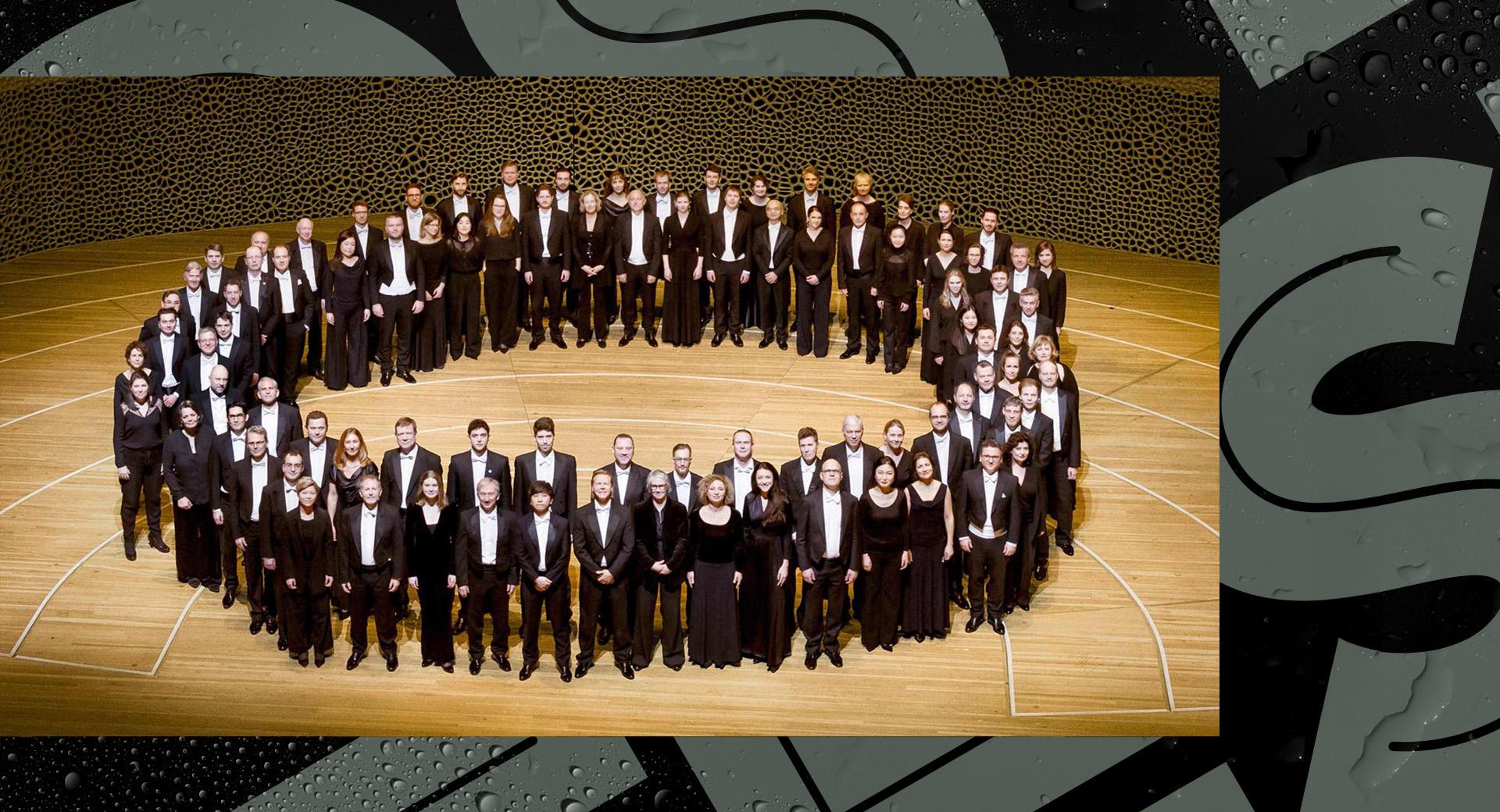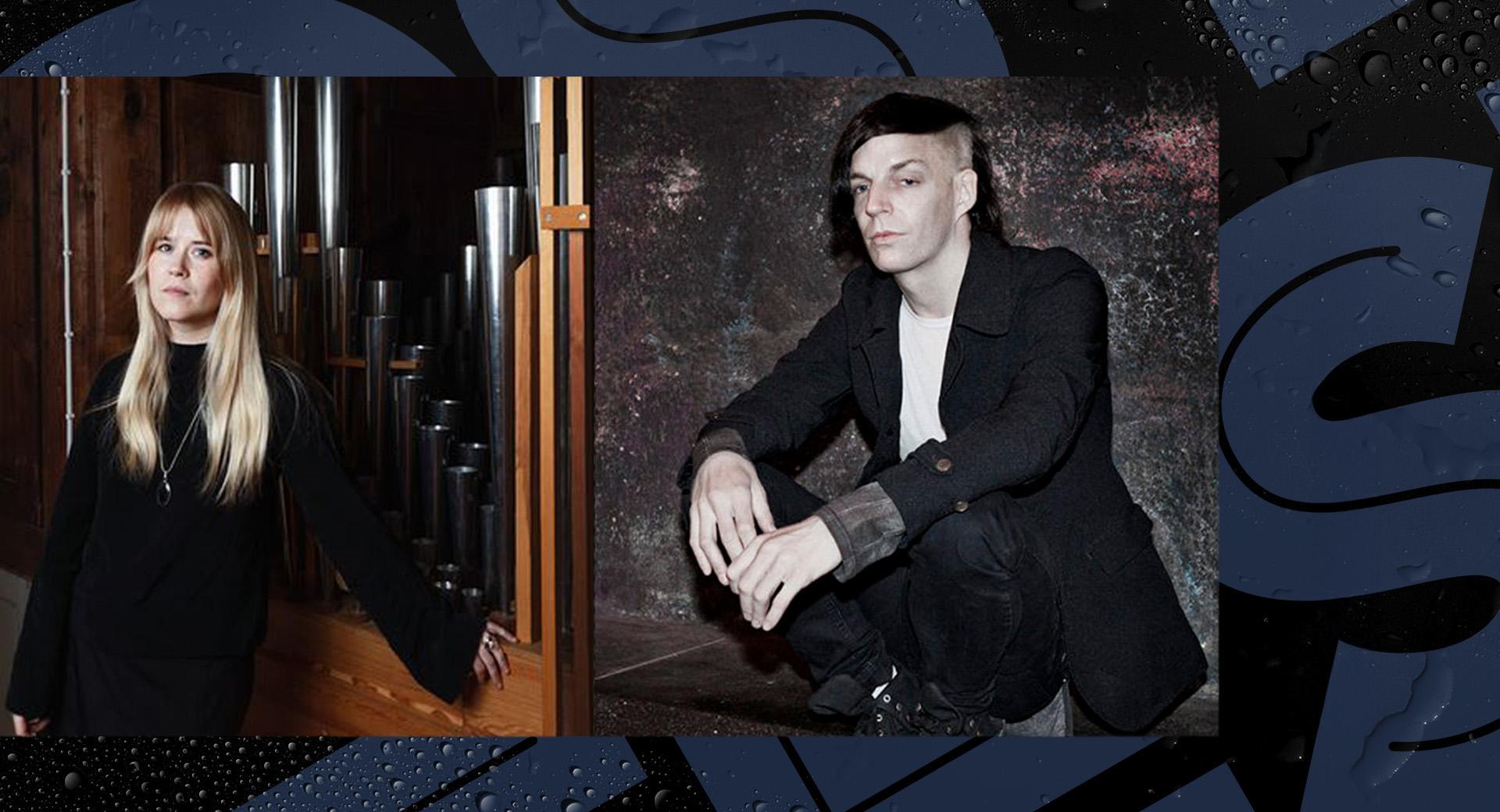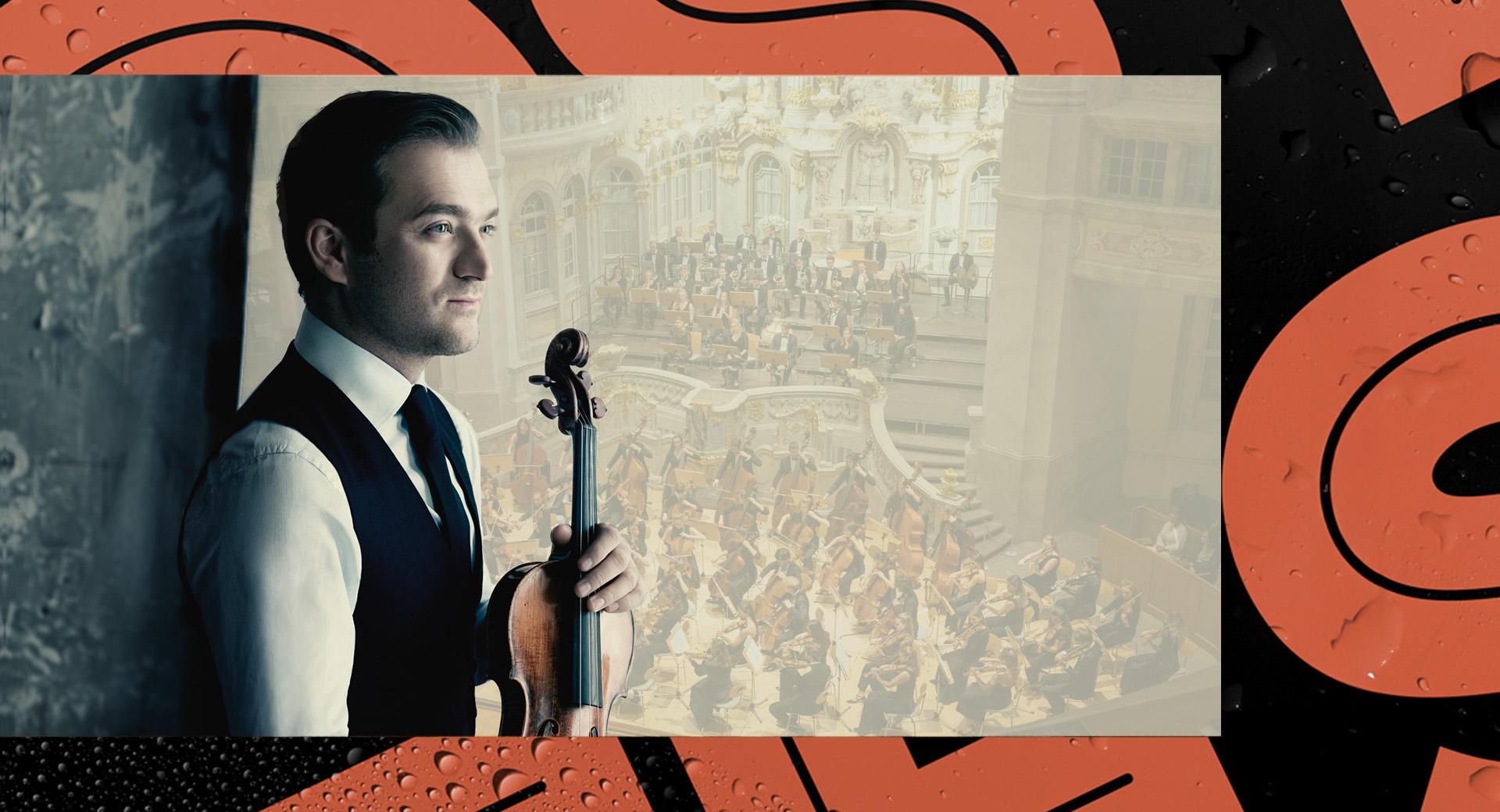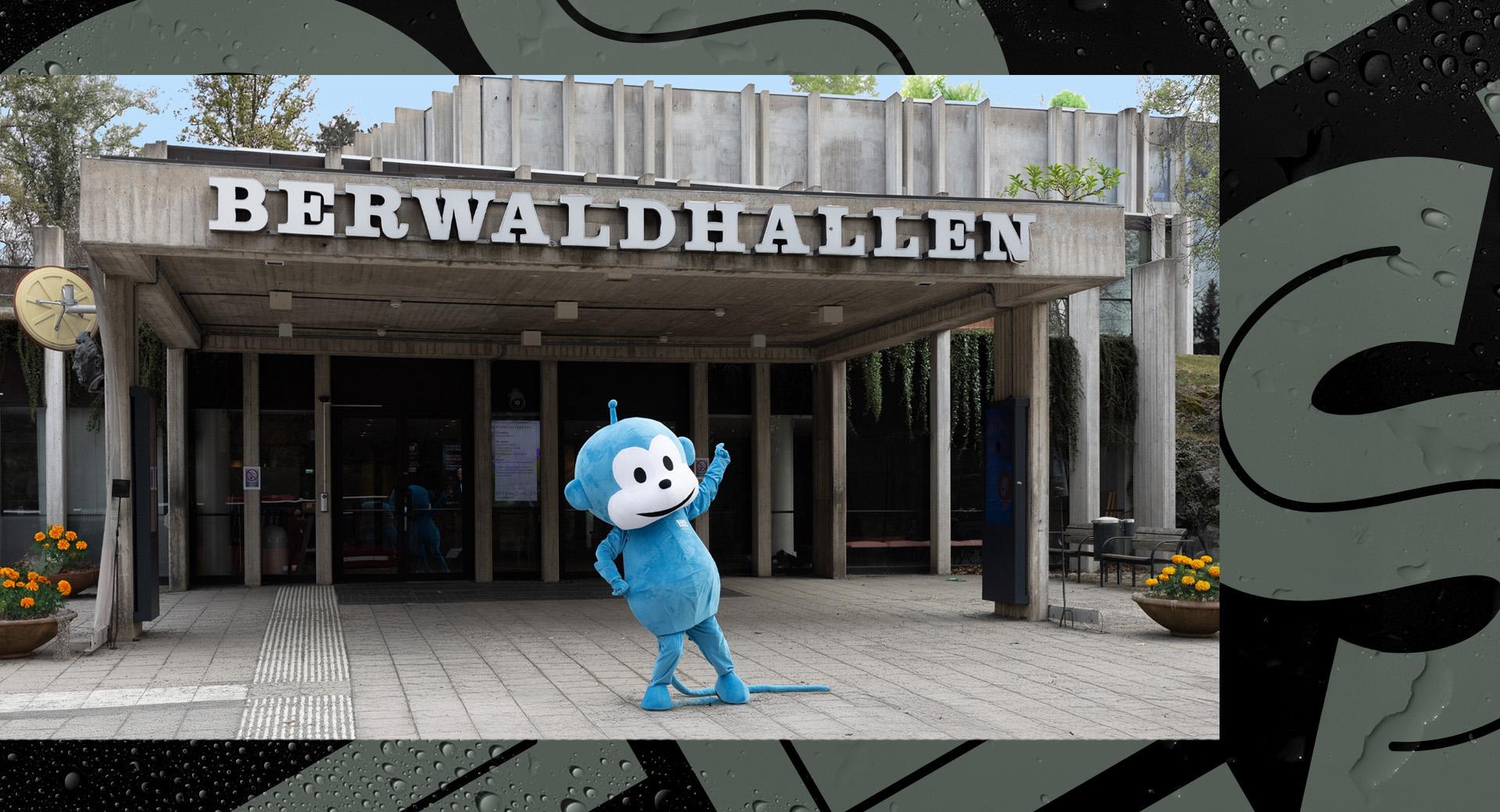This concert has been canceled - The Swedish Radio Choir meets Klaus Mäkelä
Many know Jean Sibelius primarily as a great symphonist. However, choral singers can also testify to the quality of his a cappella works. Klaus Mäkelä, in his first concert with the Swedish Radio Choir, interprets some of Sibelius’ most beloved choral music, as well as Pēteris Vasks’ ethereal Plainscapes.
Date has passed
Berwaldhallen
This production is part of one or more concert series.

The concert is canceled
The Swedish Radio choir’s long-awaited meeting with conductor Klaus Mäkelä has unfortunately been canceled. This is due to current stricter restrictions and accompanying quarantine rules.



